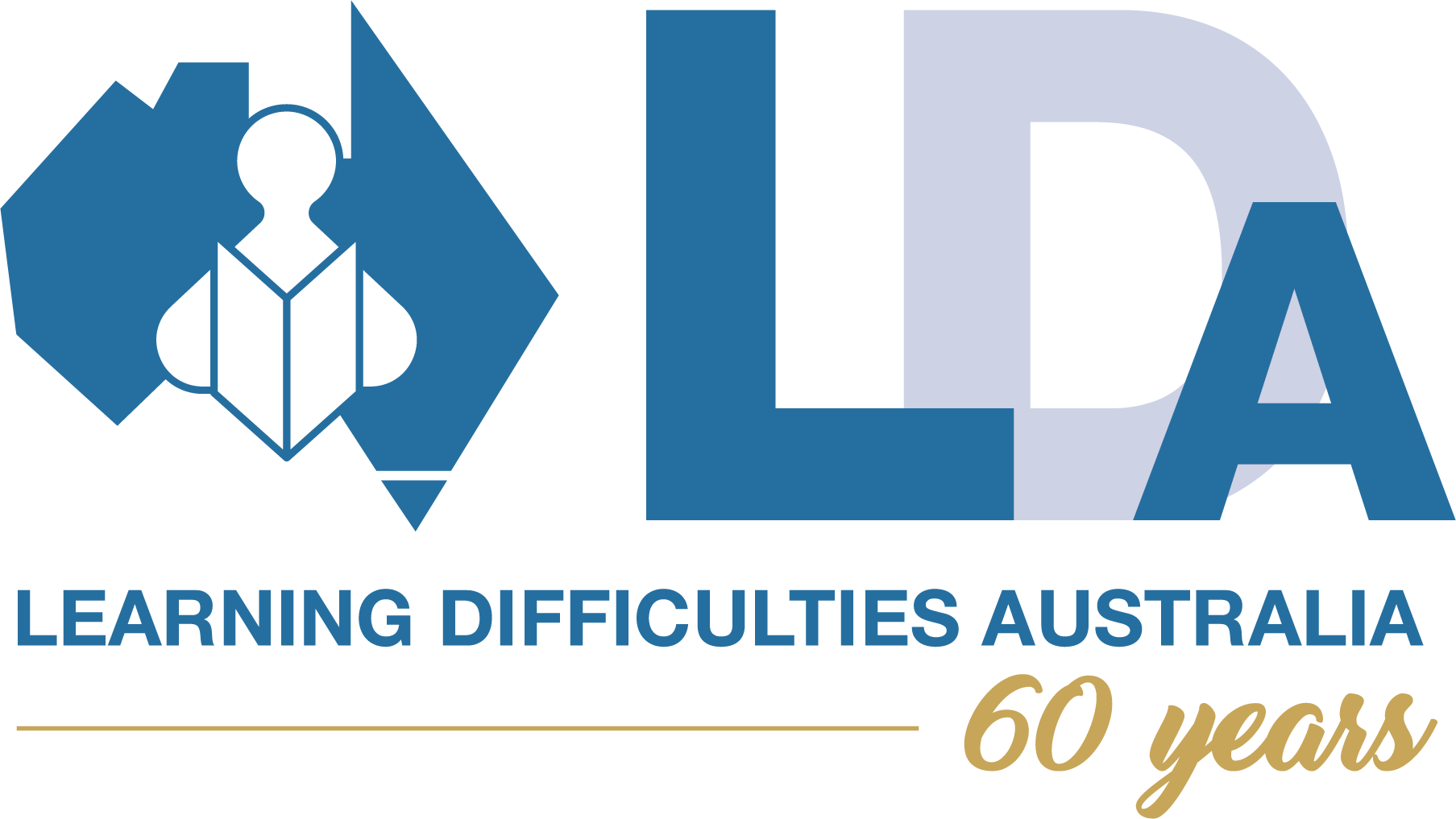Teaching has suffered both as a profession in search of community respect, and as a force for improving the social capital of Australia because of its failure to adopt the results of empirical research as the major determinant of its practice. There are a number of reasons why this has occurred, among them a science-aversive culture endemic among education policymakers and teacher education faculties. There are signs that change may be afoot. The National Inquiry into the Teaching of Literacy has pointed to, and urged us to follow, a direction similar to that taken recently in Great Britain and the USA towards evidence-based practice. Acknowledging the importance of teacher education, the National Institute for Quality Teaching and School Leadership began a process for establishing national accreditation of pre-service teacher education. Two problems do require attention. The generally low quality of much educational research in the past has made the process of evaluating the evidence difficult, particularly for those teachers who have not the training to discriminate sound from unsound research designs. Fortunately, there are a number of august bodies that have performed the sifting process to simplify judging the value of research on important educational issues.
Dr Kerry Hempenstall, RMIT University
